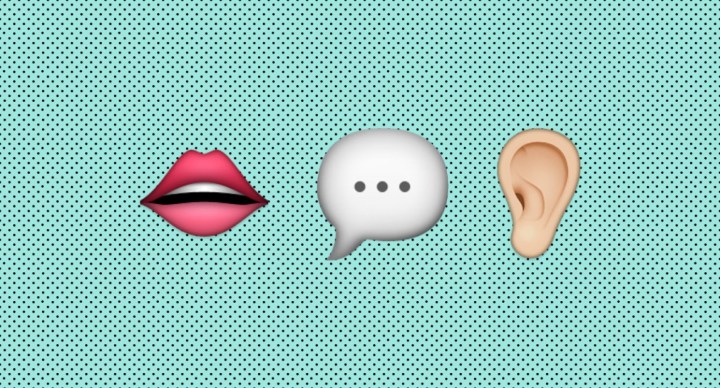What Does the Future of Spanish Look Like?

Every three years, Spanish-speaking novelists, academics, scientists, and royals meet to talk about the future of castellano. This year, the VII International Congress for the Spanish Language (CILE) took place in Puerto Rico, where more than 150 people talked about whether or not words like ‘selfie’ deserved a place in the Diccionario de la Real Academia, according to the Associated Press.
Dario Villanueva, the academy’s director, is partial to “auto-foto,” because he’d rather “find a Spanish equivalent than import a word from another tongue.” However, the group also has to adapt to what’s current. Villanueva explained that last month alone, the academy’s online dictionary received 63 million queries – most of which came from people in their 20s.
“The possibilities are extraordinary,” he said. “They were born in a digital universe, and as a result, the way they approach the language is completely different.”
Though the academia has been accused of weakening the Spanish language through some of its more relaxed grammar rules, Villanueva argues that the changes come from the way Spanish speakers actually speak. But it’s worth noting that Spanglish words like troca, hanguear, and Googelear have not yet made their ways into the dictionary. Hacker, dron, tuitear, bótox, and pilates – on the other hand – are now officially part of the lexicon of a language that has grown 800 percent in the last 10 years.
And more change – in other words, more English influences – will probably form part of Spanish’s future, according to the Los Angeles Times. “There is a long history of linguistic institutions such as the Spanish Royal Academy trying to ‘police’ their languages’ vocabularies or grammatical norms,” said David Pharies, an associate dean at the University of Florida, to the LA Times. “In general, it can be affirmed that over the long term all such efforts are doomed to failure, since a subset of today’s innovations form the basis of tomorrow’s norms. … Sooner of later, language guardians are forced to abandon conservative positions in the face of relentless changes in usage.”